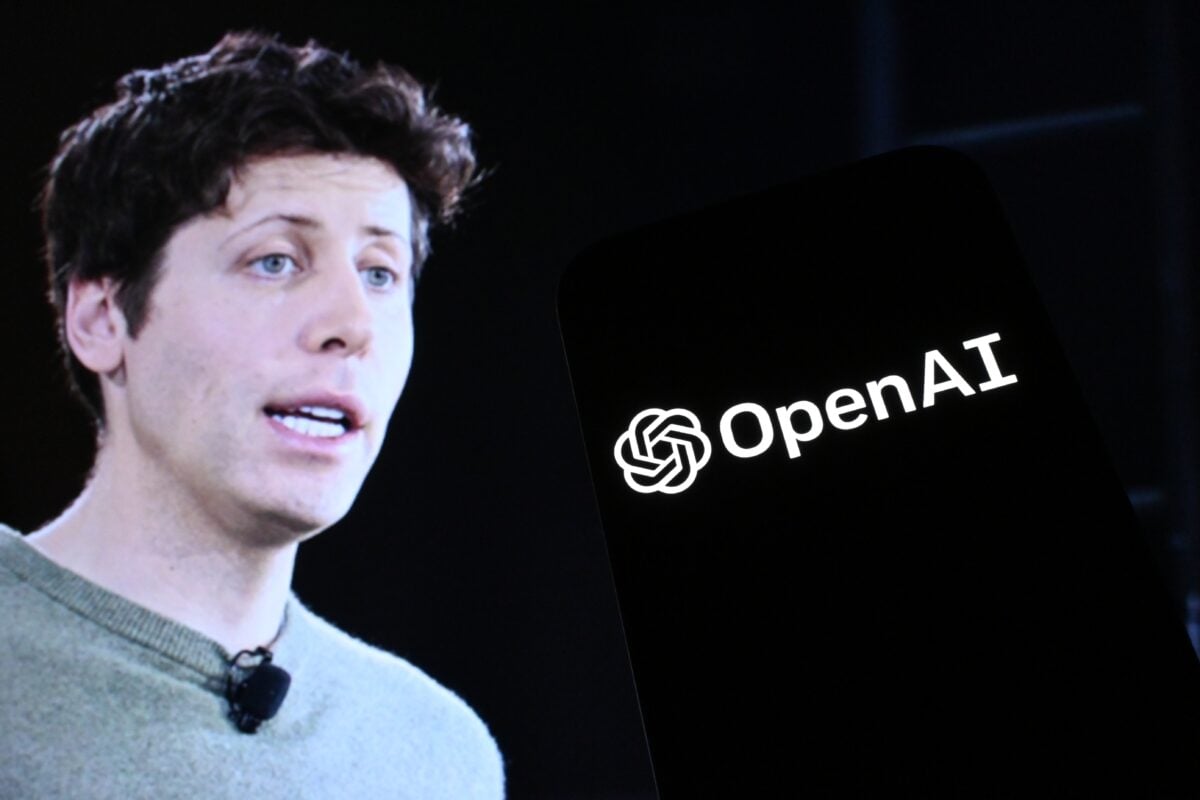TLDRs;
- Japan’s Digital Agency partners with OpenAI to roll out Gennai, an AI tool for public sector efficiency.
- OpenAI aims to achieve ISMAP certification, aligning with Japan’s government AI security requirements.
- The collaboration supports Japan’s role in shaping global AI standards through the Hiroshima AI Process.
- Cloud and AI firms may benefit as Japan expands AI use across ministries under strict compliance rules.
Japan Digital Agency has expanded its partnership with OpenAI to test and integrate Gennai, a generative AI-powered tool built specifically for government employees.
Gennai leverages OpenAI’s technology but operates within Japan’s own secure digital infrastructure. The goal is to streamline public services, enhance administrative efficiency, and maintain the country’s high standards of data protection and transparency.
The collaboration aligns with Japan’s broader ambition to lead global AI governance, as demonstrated through its chairing of the Hiroshima AI Process, a G7-backed framework for safe and responsible AI deployment worldwide.
Building a Secure AI Infrastructure with ISMAP
A key element of the initiative lies in OpenAI’s plan to pursue certification under Japan’s Information system Security Management and Assessment Program (ISMAP), a government-backed vetting program that determines which cloud services are approved for official use.
By aligning with ISMAP, OpenAI’s Gennai platform can be trusted to handle sensitive government operations securely. This compliance will allow Japan’s Digital Agency to scale the deployment of Gennai across multiple ministries, ensuring that each system meets national cybersecurity standards.
On May 27, 2025, Japan’s Digital Agency introduced its Guidelines on the Procurement and Utilization of Generative AI, which emphasize risk management and responsible adoption. These guidelines effectively set a benchmark for foreign AI providers like OpenAI, requiring them to meet ISMAP standards where applicable.
Gennai to Power Broader Public-Sector Innovation
Gennai’s early rollout marks a significant milestone in Japan’s digital transformation. Initially available to a limited number of government staff, the platform will now be expanded across ministries as officials assess its performance and refine its capabilities.
Unlike consumer AI tools, Gennai operates on Japan’s in-house infrastructure, ensuring that all data stays within the country’s jurisdiction. This localized approach is designed to build public trust and mitigate risks associated with external data storage or foreign cloud systems.
The Digital Agency has also begun publishing usage data from the pilot phase to promote transparency, a move that signals confidence in the technology and a shift toward long-term adoption rather than temporary experimentation.
Setting Global Standards for Responsible AI Use
Beyond domestic applications, Japan’s collaboration with OpenAI carries international implications. Through its work with the OECD and G7, Japan continues to shape global norms for ethical and secure AI deployment. The Hiroshima AI Process, has become a key platform for coordinating these efforts across governments, academia, civil society, and the private sector.
For OpenAI, the partnership with Japan serves as both a strategic foothold in Asia and a testbed for developing frameworks that balance innovation with accountability. For Japan, it represents a fusion of technological ambition and policy foresight, a model other nations may soon emulate.
Meanwhile, cloud and security firms outside the direct partnership are watching closely. As Japan expands AI integration under ISMAP compliance, these firms can capture new opportunities by offering localized hosting, audit support, and tailored solutions that align with government AI procurement standards.






